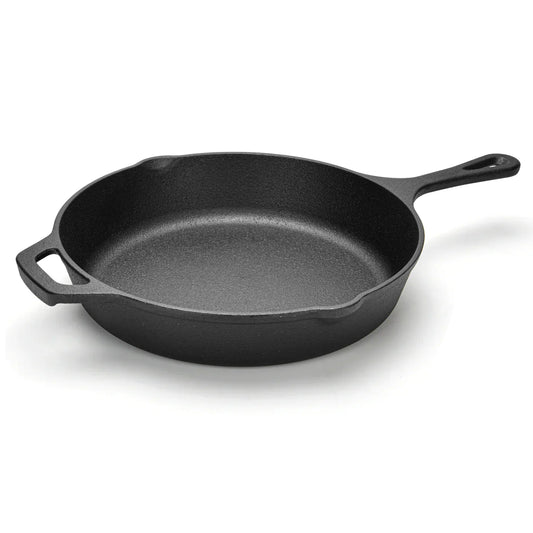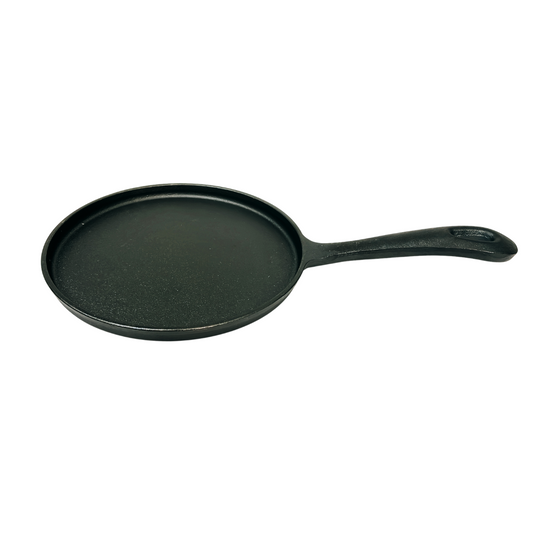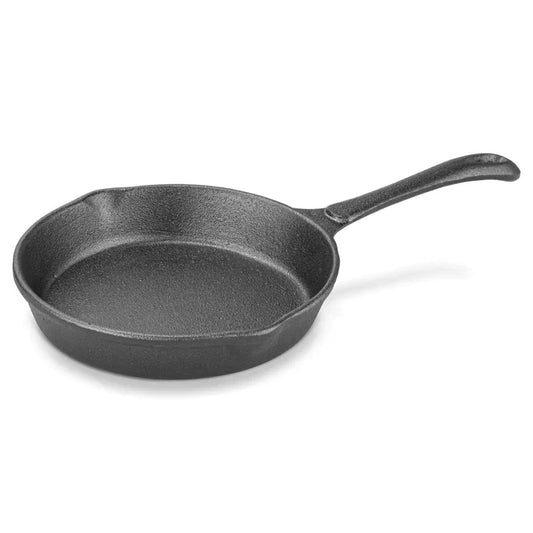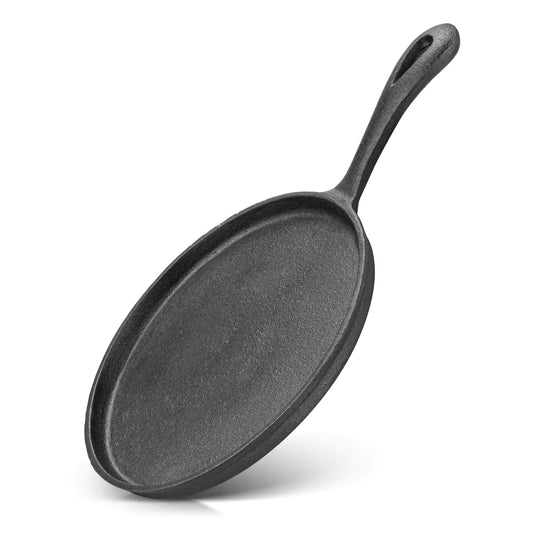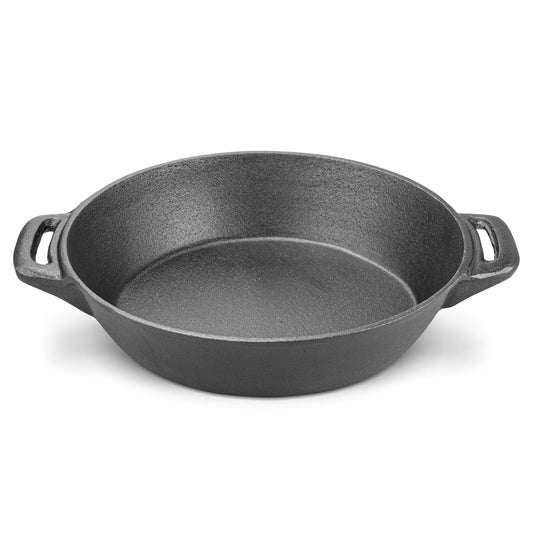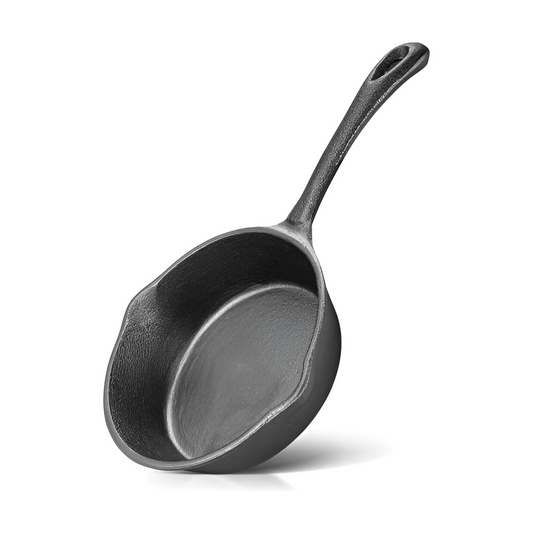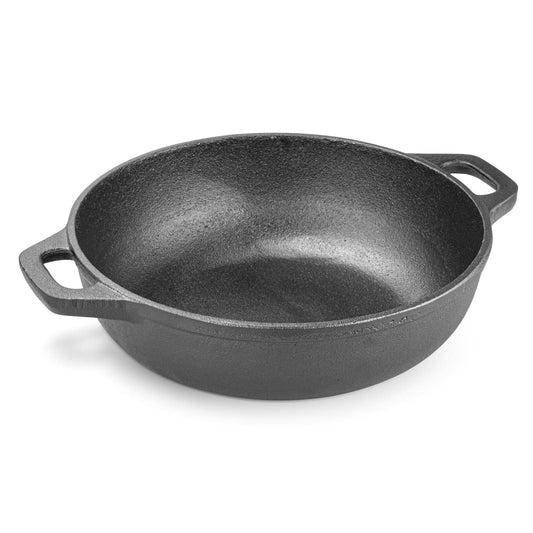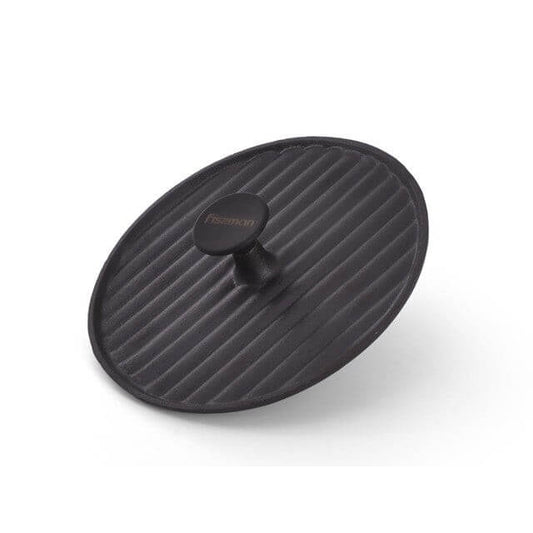As conscious consumers, we're increasingly aware of the impact our choices have on the environment. When it comes to our kitchens, selecting eco-friendly kitchenware is not only a smart decision for the planet, but it can also lead to long-lasting, high-performing tools that elevate our cooking experiences. In this blog post, we'll explore the key factors to consider when choosing sustainable kitchenware that will stand the test of time.
Understanding Eco-Friendly Materials
At the heart of eco-friendly kitchenware are the materials used in their construction. Natural and renewable materials, such as bamboo, stainless steel, and cast iron, are excellent choices for their durability and environmental friendliness. These materials are often recyclable and biodegradable, reducing their impact on the planet.
Bamboo, for example, is a fast-growing grass that can be harvested without damaging the plant, making it a highly sustainable resource. Stainless steel, on the other hand, is a metal alloy that is corrosion-resistant and can be recycled repeatedly without losing its quality. Cast iron, a classic material in the kitchen, is known for its exceptional longevity and ability to retain heat, making it an energy-efficient choice.
Key Factors in Selecting Sustainable Kitchenware
When it comes to choosing eco-friendly kitchenware, there are several key factors to consider:
Material Composition
The material used in the construction of the kitchenware is crucial. Look for products made from natural, renewable, and recyclable materials, such as those mentioned above. Avoid kitchenware with harmful plastics, non-recyclable materials, or toxic coatings.
Manufacturing Process
Investigate the manufacturing process of the kitchenware you're considering. Opt for brands that prioritize sustainable and ethical production methods, minimizing waste and energy consumption.
Longevity and Lifecycle
Durable, long-lasting kitchenware is inherently more eco-friendly than items that need to be replaced frequently. Look for products with a proven track record of durability and consider their overall lifecycle, including the ease of repair and eventual disposal.
Energy Efficiency
Some kitchenware, such as cast iron pans, can be more energy-efficient than their counterparts, as they retain heat better and require less energy to maintain the desired temperature.
Top Eco-Friendly Kitchenware Materials
When shopping for sustainable kitchenware, keep an eye out for these top eco-friendly materials:
Bamboo
Bamboo is a fast-growing, renewable resource that is naturally antibacterial and durable. It's an excellent choice for cutting boards, utensils, and even cookware.
Stainless Steel
Stainless steel is a long-lasting, corrosion-resistant material that can be recycled repeatedly without losing its quality. It's a great option for pots, pans, and bakeware.
Cast Iron
Cast iron is a classic material that is known for its exceptional durability and heat retention properties. It's a sustainable choice for skillets, Dutch ovens, and other cookware.
Glass
Glass is a non-toxic, recyclable material that is perfect for storage containers, bakeware, and even some cookware.
Ceramic
Ceramic kitchenware, such as mugs, plates, and baking dishes, is often made from natural clay and glazes, making it a eco-friendly choice.
What to Avoid in Kitchenware
When selecting sustainable kitchenware, it's important to steer clear of certain materials and products that can be harmful to the environment:
- Harmful plastics, such as those containing BPA or phthalates
- Non-recyclable materials, like some types of nonstick coatings
- Toxic coatings or finishes, such as lead-based paints
- Single-use items, which contribute to waste and resource depletion
Maintenance Tips for Long-Lasting Kitchenware
To ensure your eco-friendly kitchenware lasts for years to come, follow these maintenance tips:
- Proper cleaning techniques: Use gentle, eco-friendly cleaning products and methods to preserve the integrity of the materials.
- Appropriate storage: Store your kitchenware in a way that protects it from damage, such as using dividers or racks.
- Repair vs. replace strategies: When possible, opt to repair your kitchenware rather than replacing it, extending its lifespan.
Brands and Certifications to Look For
When shopping for eco-friendly kitchenware, keep an eye out for brands and certifications that prioritize sustainability. Look for companies that are transparent about their manufacturing processes and use of sustainable materials. Additionally, certifications like the Forest Stewardship Council (FSC) or the Cradle to Cradle Certified program can help you identify truly eco-friendly products.
Conclusion
Choosing eco-friendly kitchenware is a simple yet impactful way to reduce your environmental footprint and enjoy long-lasting, high-performing tools in the kitchen. By considering the materials, manufacturing processes, and longevity of your kitchenware, you can make informed decisions that benefit both the planet and your cooking experience. Embrace the power of sustainable kitchenware and elevate your culinary journey while contributing to a greener future.

